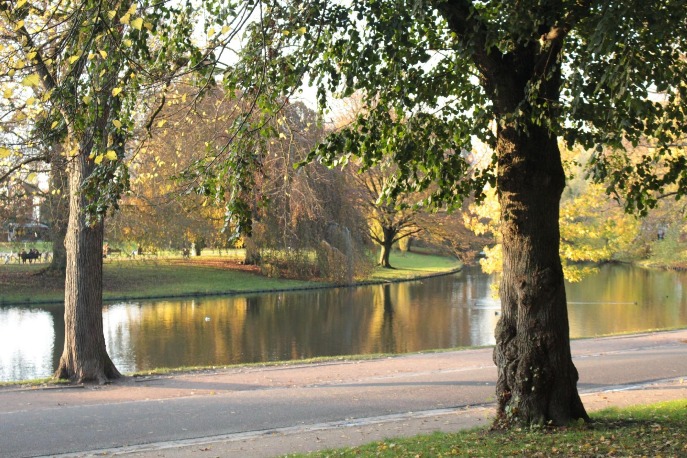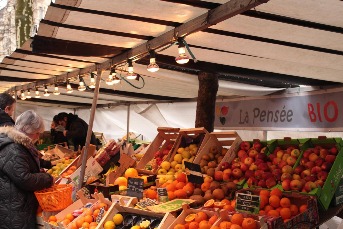What you can do to promote biodiversity
| Date: | 30 August 2021 |
| Author: | Green Office |

One of the best ways we can protect the planet is by promoting biodiversity. Biodiversity refers to the variety and variability of life on earth. A biodiverse environment is one in which you find many different kinds of plants and animals, all existing alongside one another. The loss of a single habitat or species brings about immeasurable changes for the entire ecosystem.
Take for example the case of bees. The decreasing size of bee populations throughout the world is a sad tale which has by now become familiar to many of us. If we lose the bees we stand to lose much more, because without bees to pollinate them, flowers cannot reproduce. As a result, the range of different flowers we see will reduce and in turn the species who eat these flowers, various insects and birds, will suffer too.

Biodiversity is intimately linked to human well-being. We rely on various ecosystems for a range of services; provisions such as food and water, defence against flooding and disease and a whole host of spiritual, recreational and cultural benefits provided by natural habitats. Not to mention the fact that biodiversity allows for processes such as nutrient cycling which maintain the conditions for life on earth!
Biodiversity includes all ecosystems, whether they are managed or unmanaged. This means that even in urban areas, biodiversity can and should be promoted.
What you can do:
Reduce, Reuse, Recycle
By reducing the amount of products you consume and waste you produce you aid in overall efforts to decrease energy, electricity and water consumption. Less waste also reduces the need for landfills. These actions create less pollution and mean that less ecosystems need to be disrupted for human activity.

Support Local Farmers
The support of local farmers is a key element in the protection of biodiversity, as local and often small-scale farmers grow food that serves the community and in a way that helps conserve biodiversity.
Eat in season
Look out for foods that are in season in your area. Such food will have been grown in tandem with the natural rhythms of the environment.
Organic Foods
Organic produce is grown without the use of pesticides and fertilisers, both of which disrupt natural environments. Pesticides and fertilisers are also difficult to dispose of safely.
Get involved
Research actions taking place in your community to support biodiversity. Maybe there are groups organised to plant more trees, start a community garden or carry-out population surveys for various plant and animal species. And if there aren’t any, perhaps you might even think of starting something yourself? We would love to hear about any groups you are involved with or any ideas you have! Share them with us in the comments.
Visit a Botanical Garden
Not only are they beautiful, botanical gardens provide a home for various plants and insects while also allowing scientists to study ecosystems. Close to Groningen lies the Haren Hortus Botanical Garden. This is one of the oldest botanical gardens in the Netherlands and is home to 10 different gardens including a bee and butterfly meadow!
Plant Wildflowers
If you’ve got a garden, why not plant some flowers? Even a small patch of ground will do! A packet of seeds is inexpensive and it's as simple as opening it up and sprinkling the seeds on the soil. Such flowers are attractive to bees and other insects!
Learn, learn, learn
It's always helpful to learn more about the world you live in and learning about biodiversity is no exception! Making the effort to further research a topic will make you more conscious of it in the future, in the case of biodiversity you will be more likely to think about the effect of your actions if you have primed yourself through learning. Here are some helpful resources to grow your appreciation of our diverse world and how you can go about protecting it.
Information on Biodiversity from the World Wildlife Fund: https://www.worldwildlife.org/pages/what-is-biodiversity
Our Planet: A documentary series tracking the changes taking place in the environment and what we need to reduce the damage: https://www.ourplanet.com/en/
Hi, my name is Laura and I am in my final year of the BA European Languages and Cultures. Previously my work with the Green Embassy has involved organising events promoting sustainability at the university, such as lectures or movie screenings. This year, as part of the Media Committee, I will be writing various articles on issues related to sustainability for our blog.

